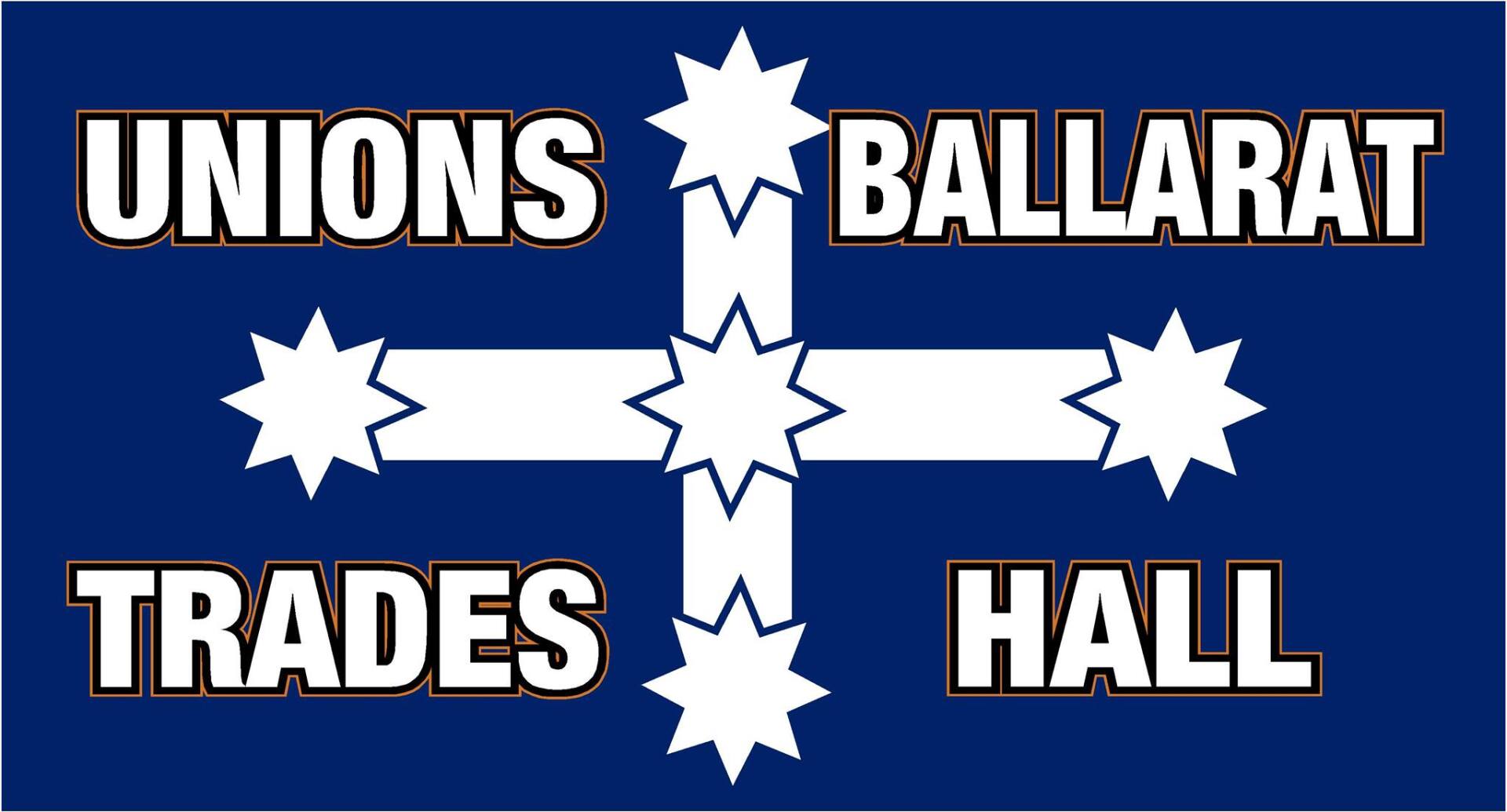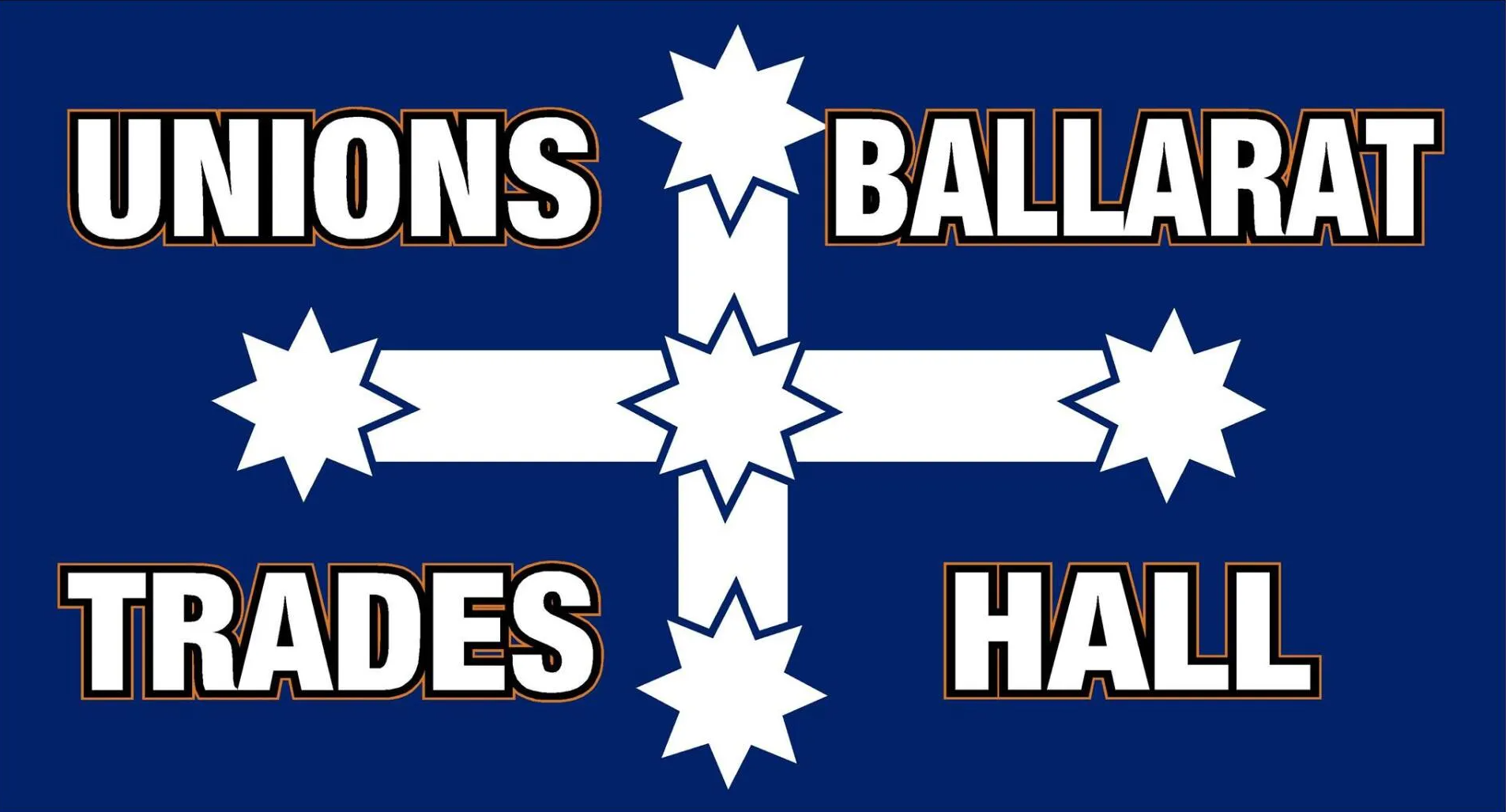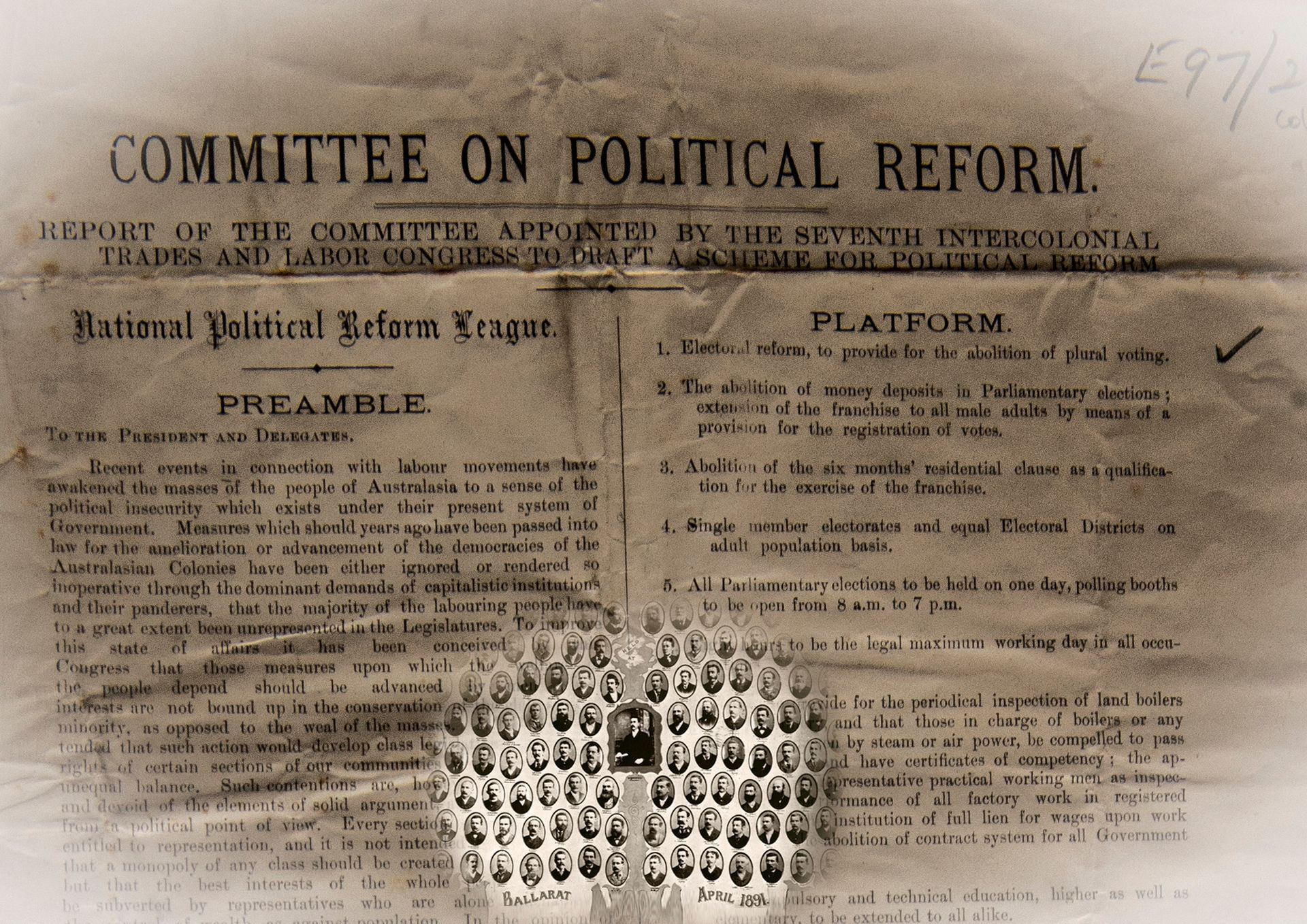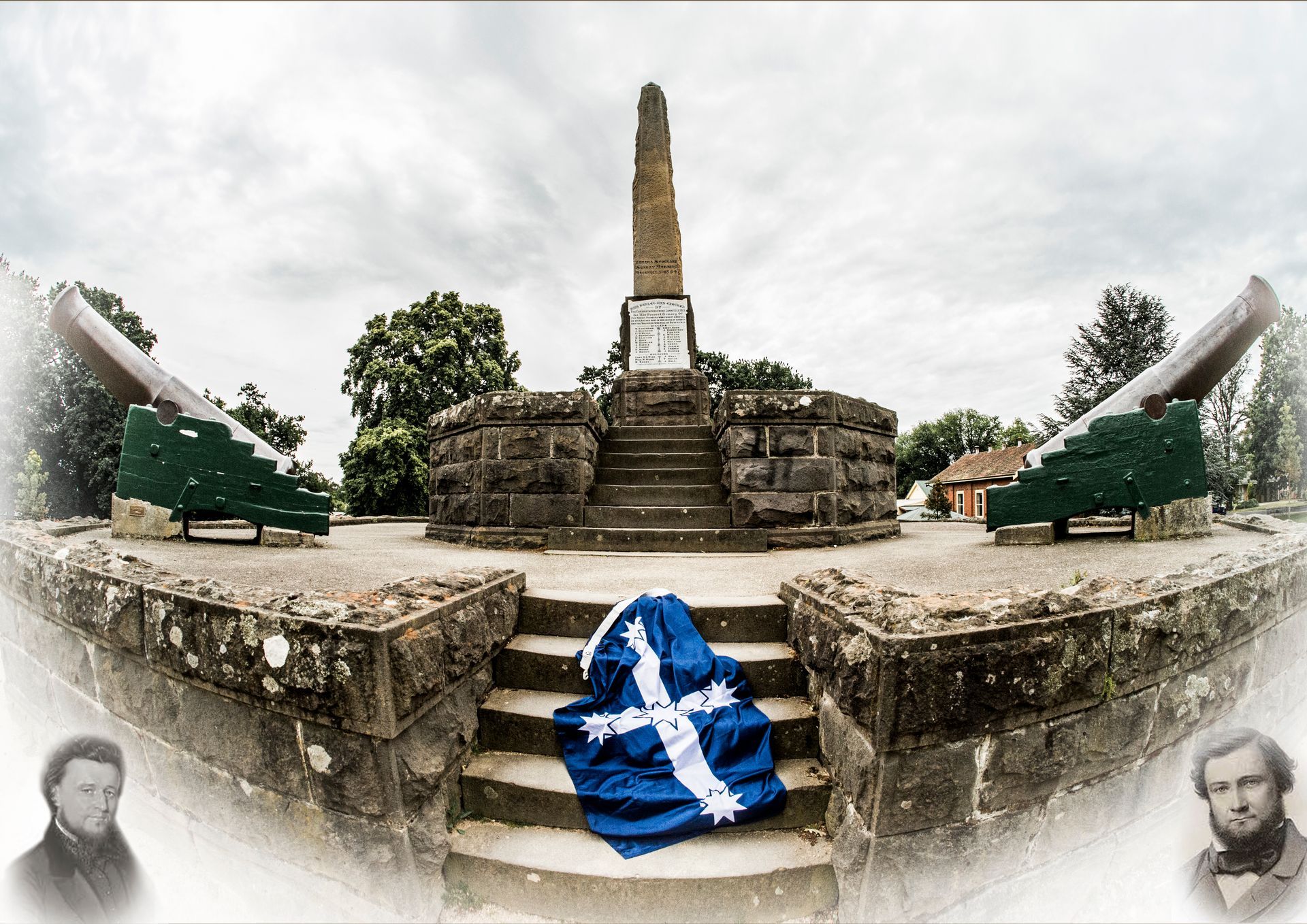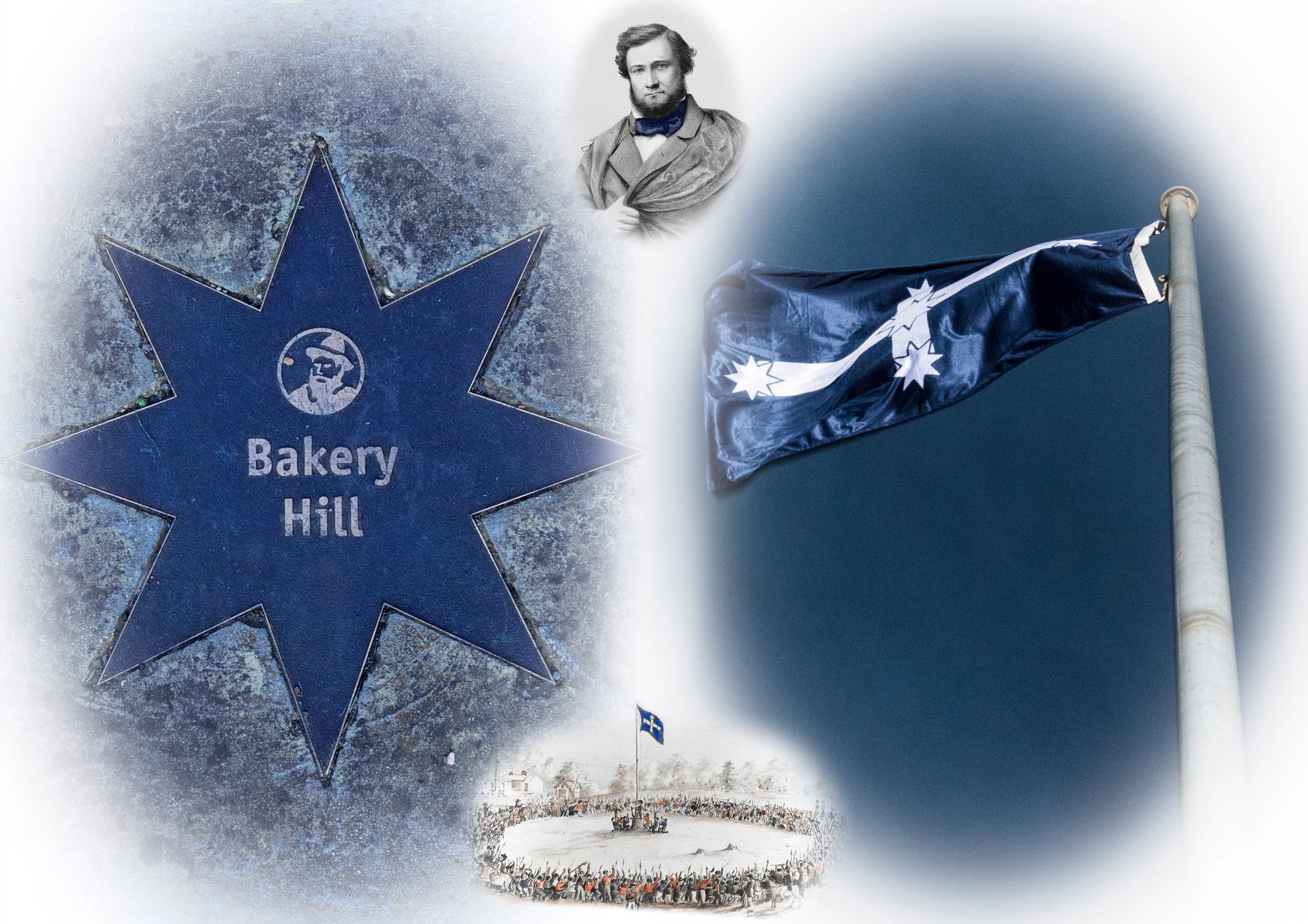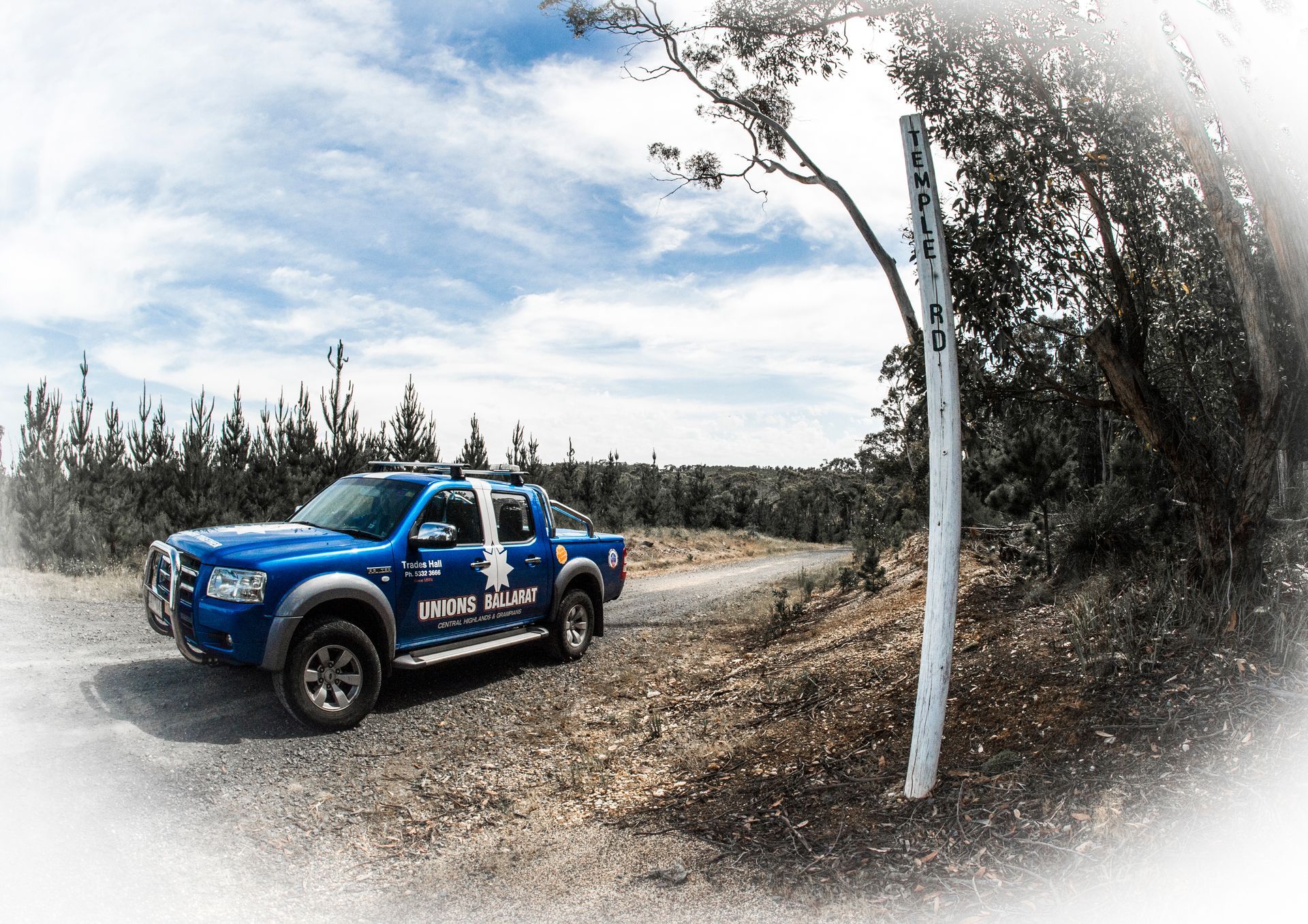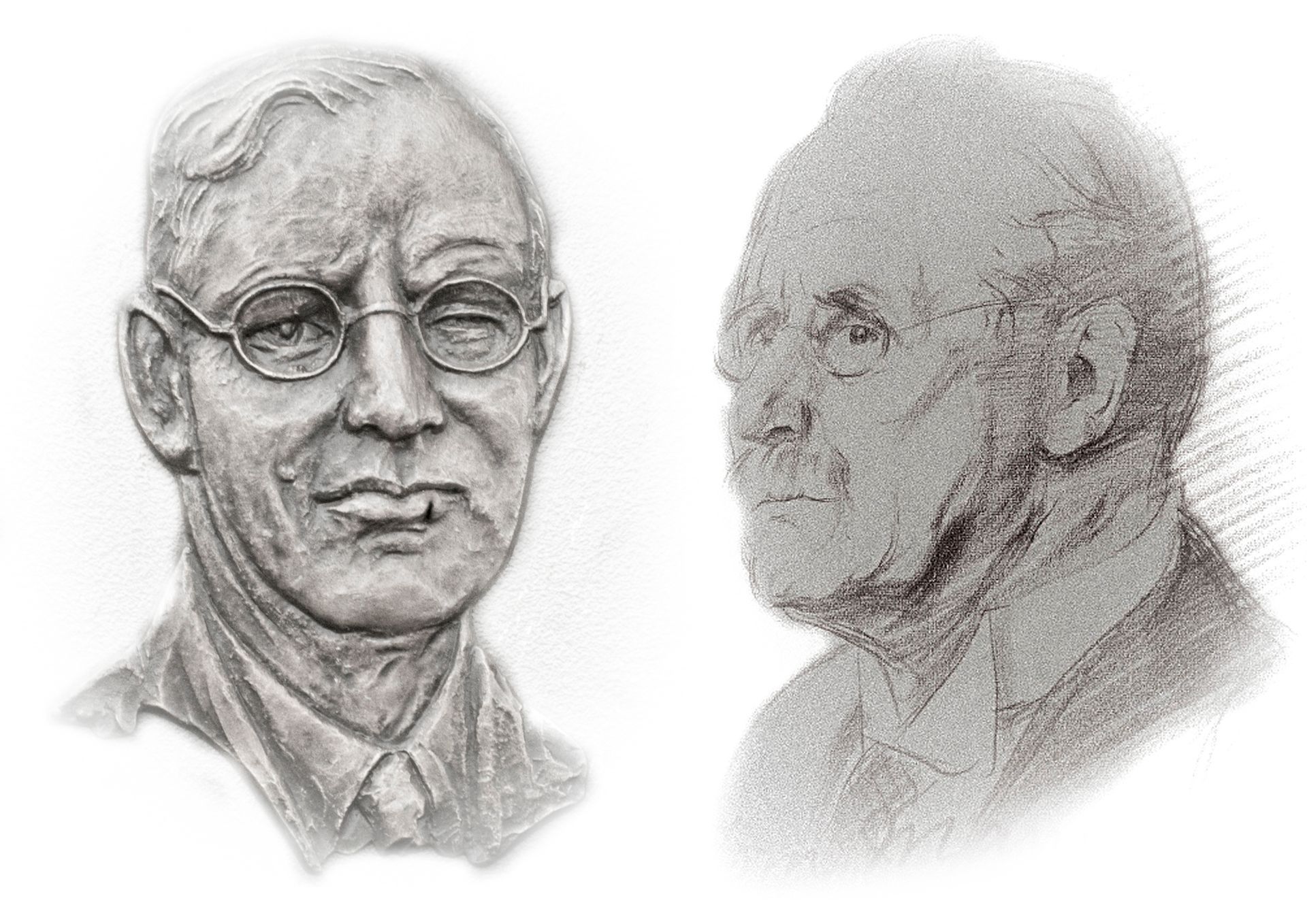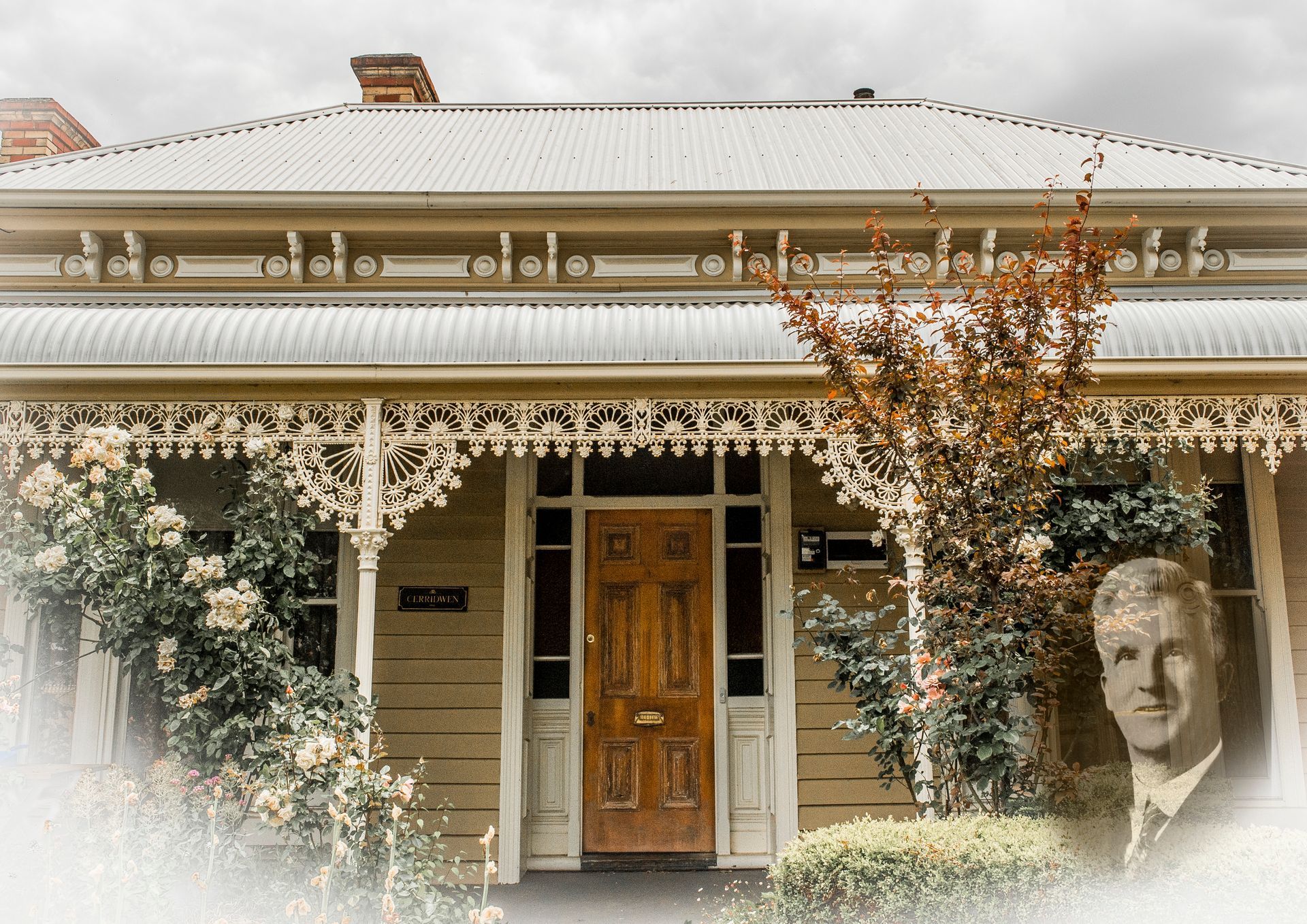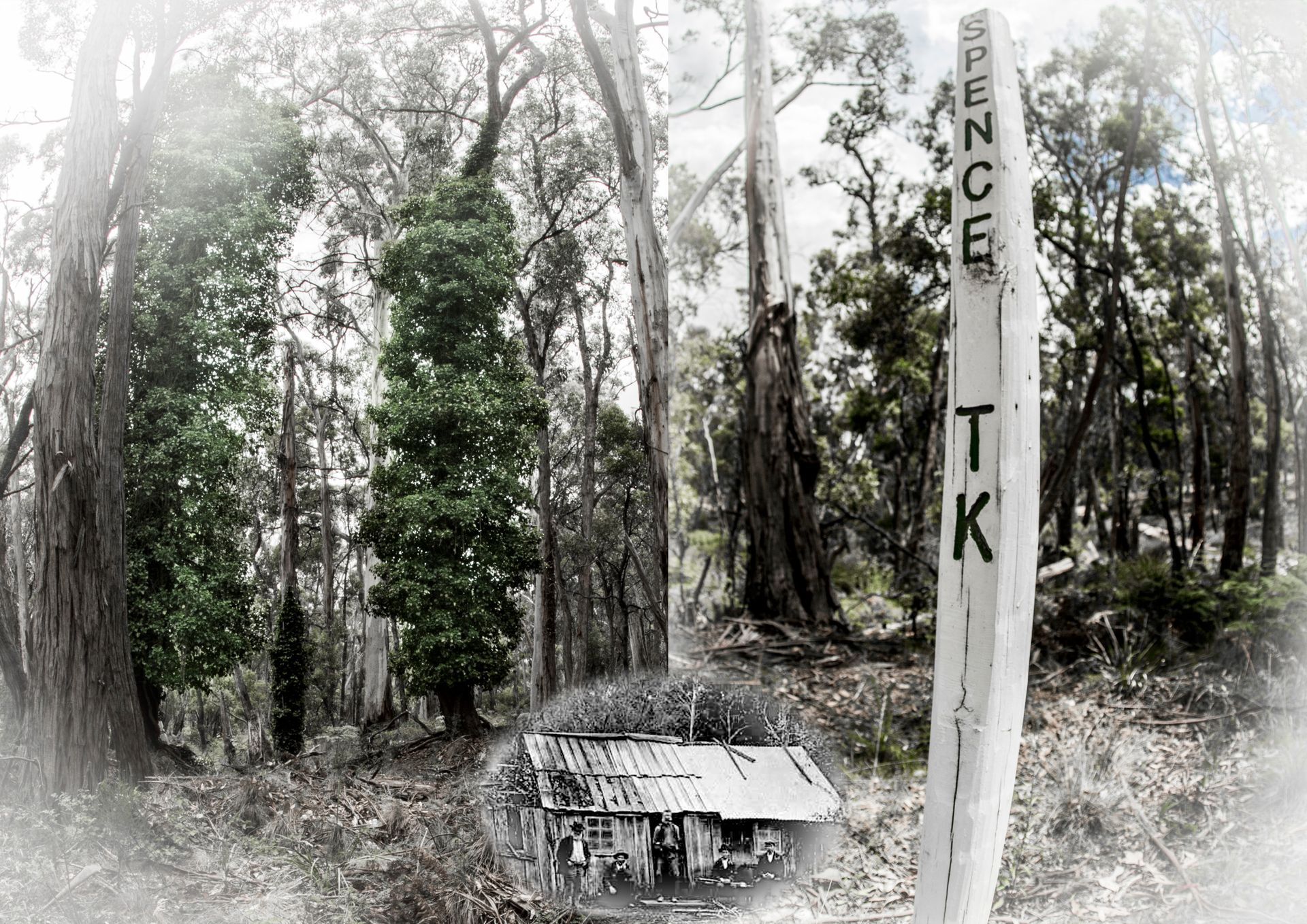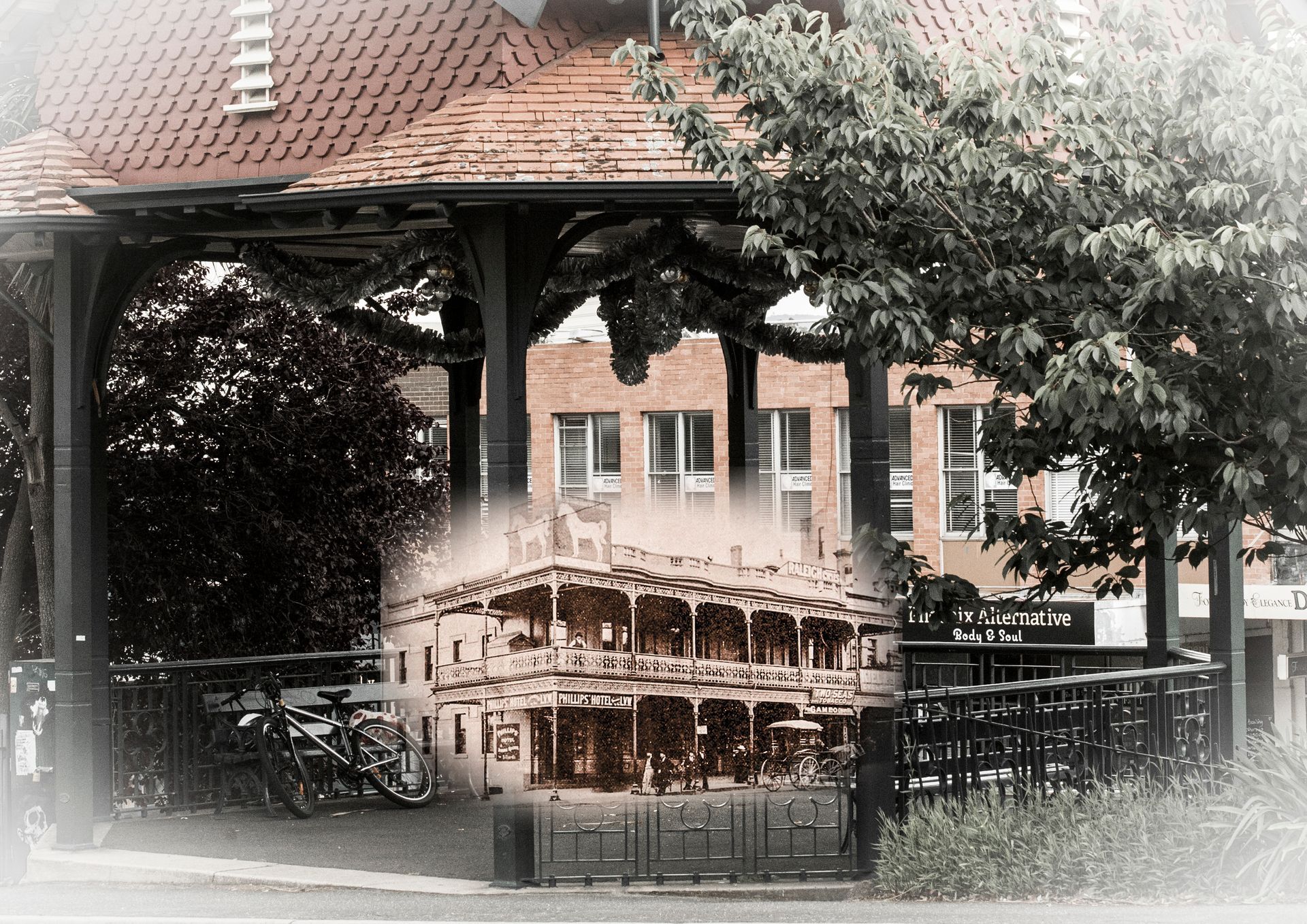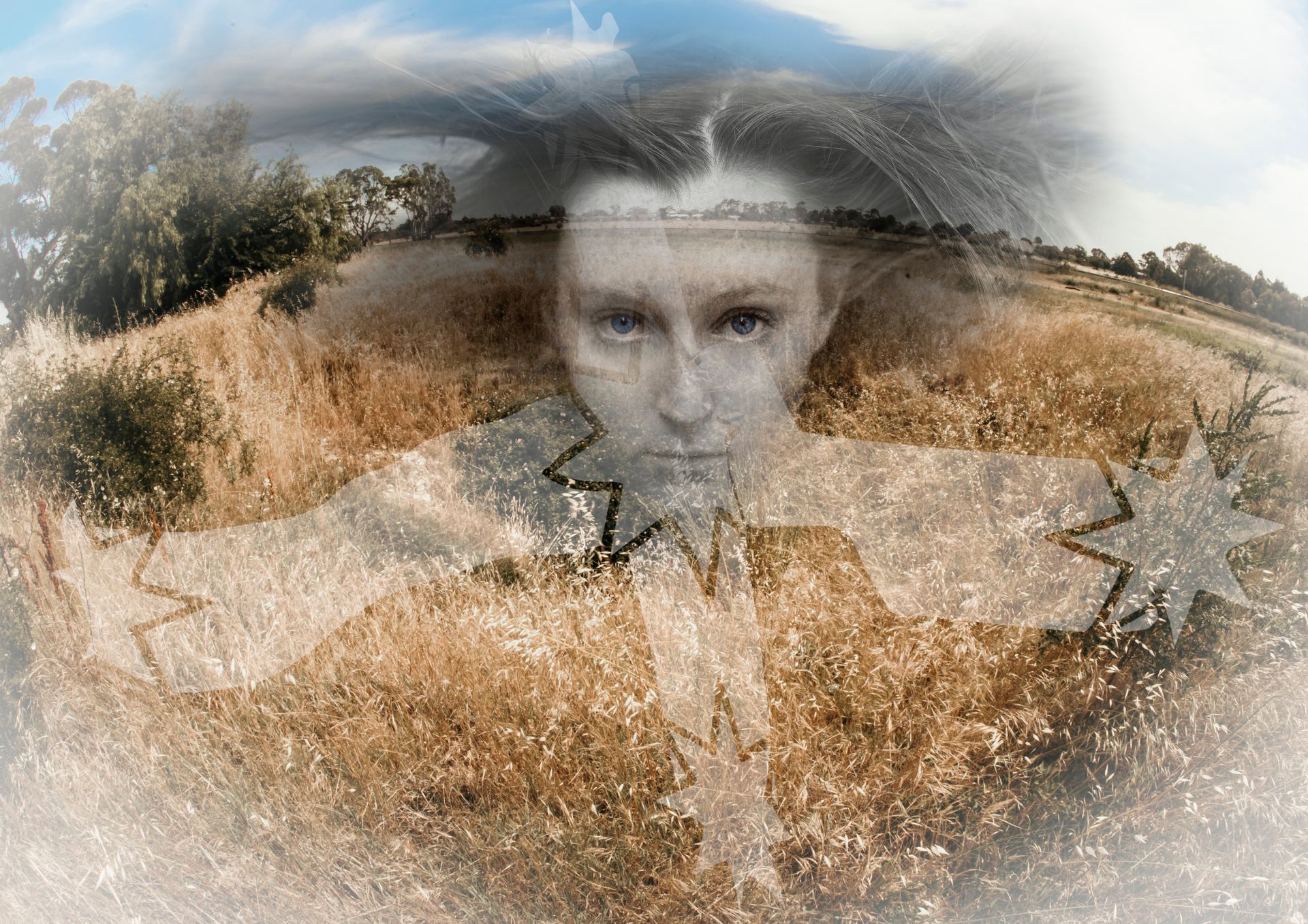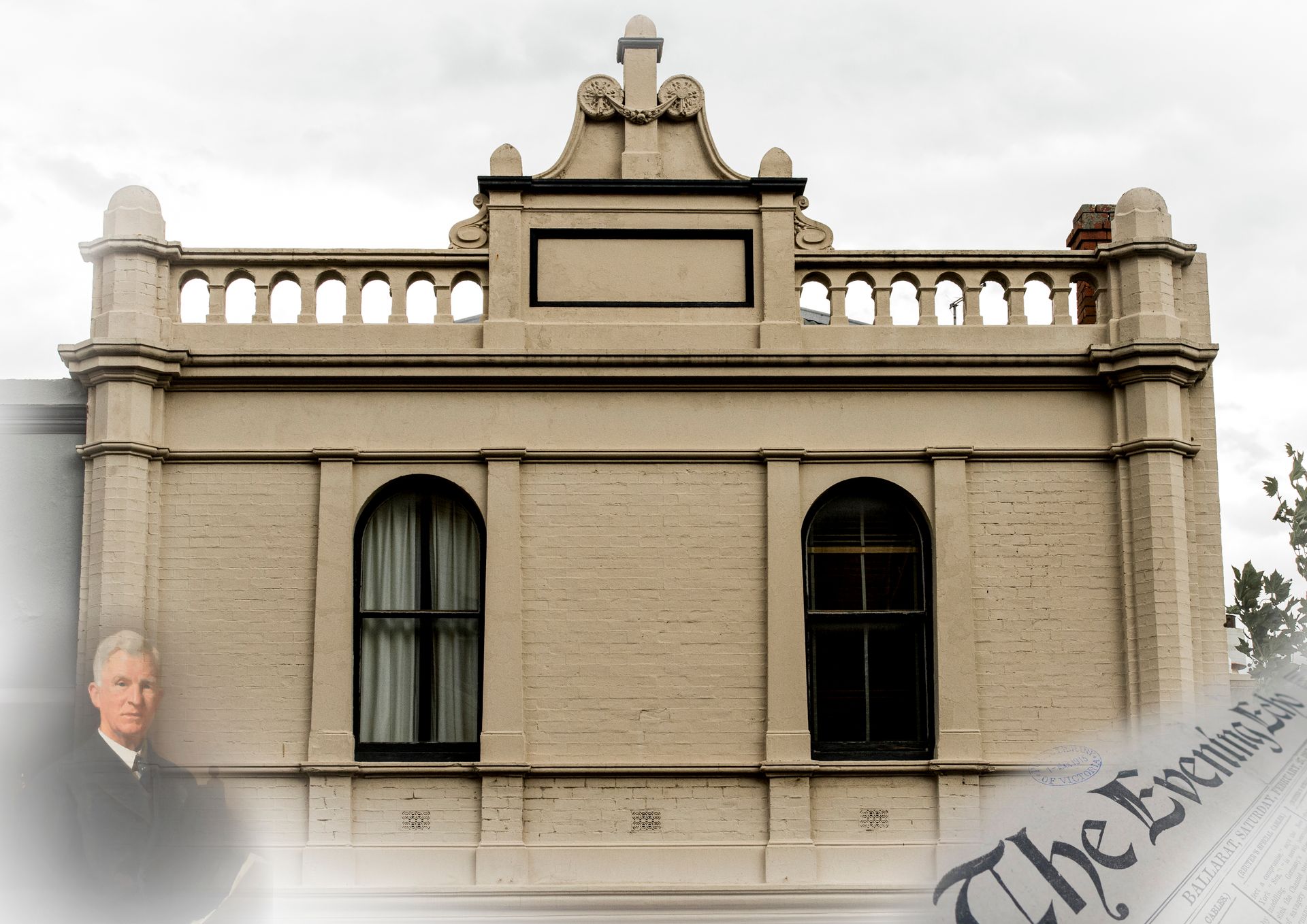Our History - (Red) Ted Rowe of the AEU and the Communist Party
The Ballarat North Railway Workshops and the Amalgamated Engineering Union in the 1930s
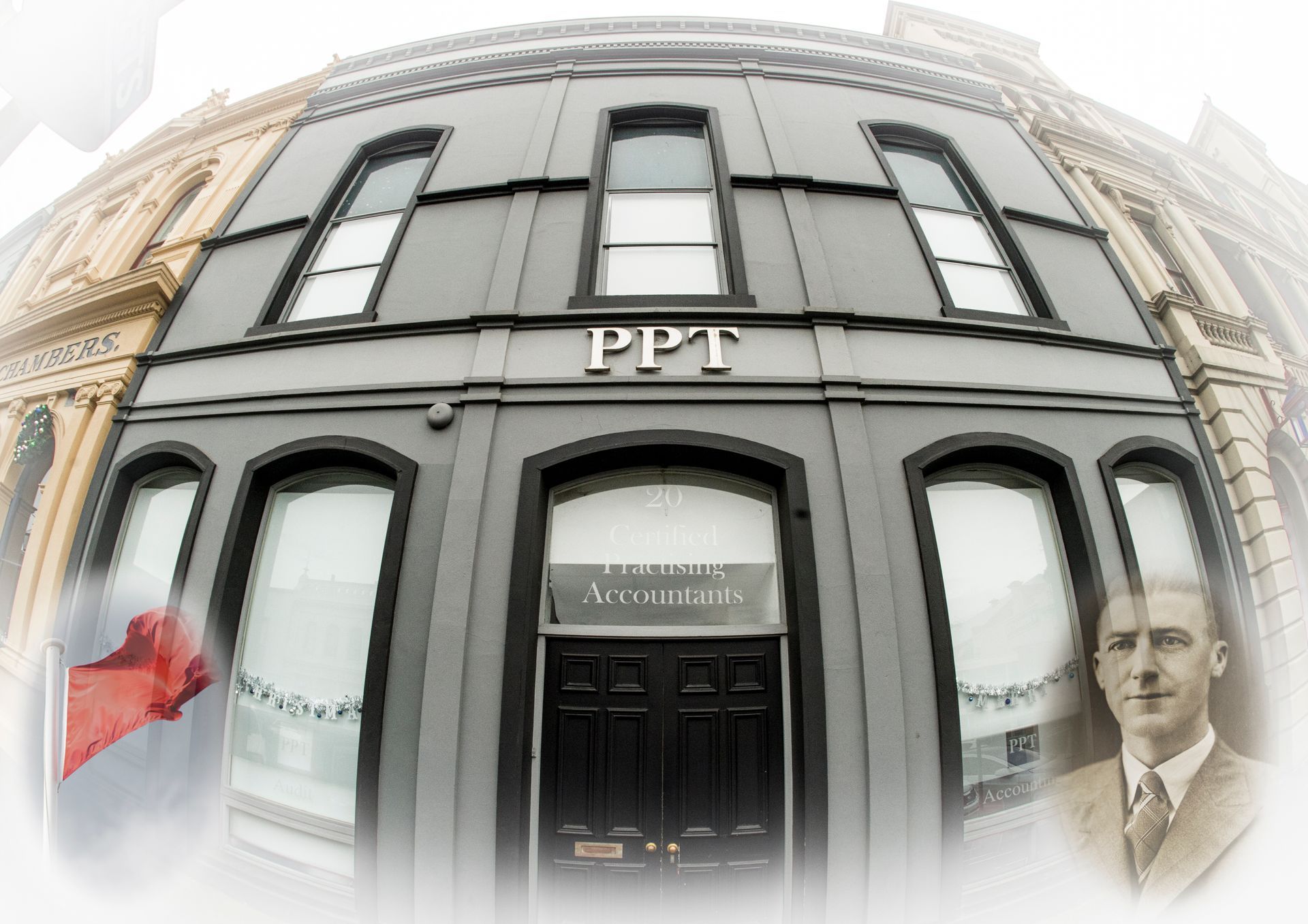
An industrial unit of the Communist Party Australia (CPA) was set up at the Ballarat North Workshops in 1931, attracting a strong group of members from the Amalgamated Engineers Union (AEU), the Boilermakers, and the Australian Railways Union, and saw the emergence into the public arena of Ted Rowe, who later became a significant national leader in the AEU and the first Communist to achieve federal office in the union. He was president of Ballarat Trades and Labour Council (BT&LC) from 1941-43. Andrew Reeves in an oration to mark the 125th anniversary of the BT&LC in 2012, stated that “Ted Rowe is remembered as an ebullient personality and a gifted public speaker, combining a flair for theatricality in politics with a fundamental commitment to militant rank and file industrial politics.” Rowe was born at Italian Gully. He had a state school education finishing with two years at Ballarat Junior Technical School and became an apprentice turner and fitter at the Ballarat North Workshops in 1922. As a devout Catholic, he joined the Catholic Young Men’s Society (CYMS) after leaving school and became their brightest star in all public speaking and debating. He joined the ALP, and a bright future was predicted for him. However, he left the ALP in 1931 and became a member of the CPA and its chief spokesman in Ballarat. Although slightly built, he was a dynamo of activity and a good organiser; an avid reader he was quick to assimilate any subject he undertook. Tony Restarick, long time unionist said Rowe was apolitical until the time that the Great Depression arrived. Restarick married in 1931, right in the heart of it; he had no money, so was attracted by Lang's Labor policies, “But then I got talking to this Teddy Rowe bloke and he convinced me that I wasn't on the right track and, eventually, I joined the Communist Party, like most of the others (Jack Brown, Ted Rowe, Beau Williams and Charlie Chung and many others) I could see that that was the only way out.”
